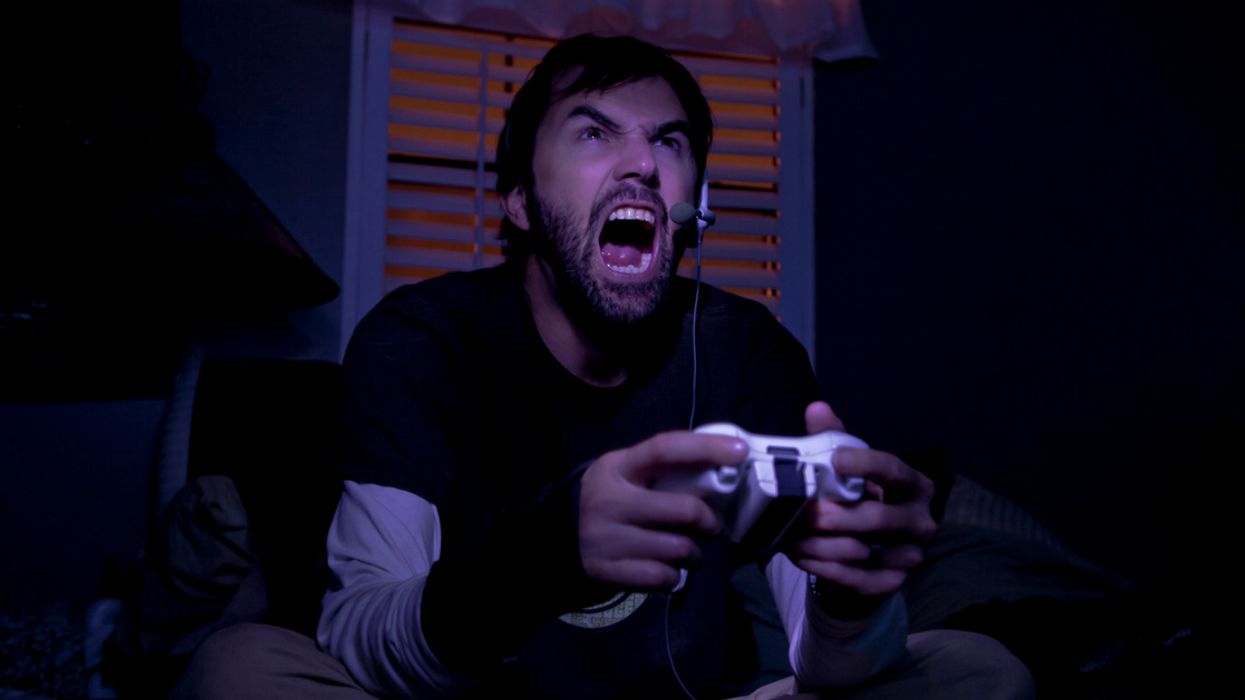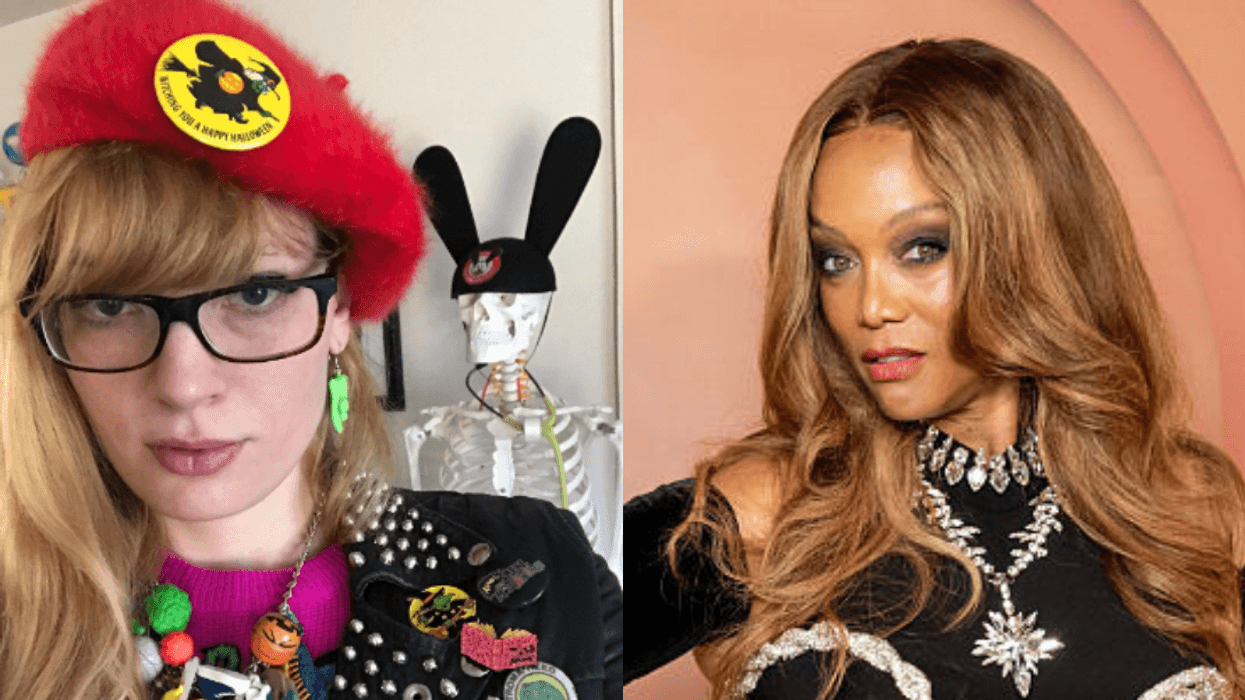With video games becoming more ubiquitous than ever, the World Health Organization (WHO) is preparing to take a previously unheard of step: classifying gaming addiction as a legitimate mental health condition. The decision has received both praise and criticism.
It's fun to joke about how much some people play Fortnite, but for some individuals, excessive playing can serve as an indication of deeper issues.
Gaming addiction being recognized by the WHO, others pointed out, could help some individuals recognize and receive treatment for their ailment.
Others have approached the move with skepticism.
Many gamers around the world are simply frustrated at attempts from non-gamers to report––and, in some cases, compartmentalize and even diminish––what gaming culture is actually like.
The future may see real medical diagnoses of "gaming addiction."
Of course, there's a few steps between now and then...
...but this may be the first step towards treatment for people who actually need it.
H/T - Twitter, Getty Images








 @krassenstein/X
@krassenstein/X @krassenstein/X
@krassenstein/X





 @DuncanCecil/X
@DuncanCecil/X @@realDonaldTrump/Truth Social
@@realDonaldTrump/Truth Social @89toothdoc/X
@89toothdoc/X @xray_media/X
@xray_media/X @CHRISTI12512382/X
@CHRISTI12512382/X
 @sza/Instagram
@sza/Instagram @laylanelli/Instagram
@laylanelli/Instagram @itssharisma/Instagram
@itssharisma/Instagram @k8ydid99/Instagram
@k8ydid99/Instagram @8thhousepath/Instagram
@8thhousepath/Instagram @solflwers/Instagram
@solflwers/Instagram @msrosemarienyc/Instagram
@msrosemarienyc/Instagram @afropuff1/Instagram
@afropuff1/Instagram @jamelahjaye/Instagram
@jamelahjaye/Instagram @razmatazmazzz/Instagram
@razmatazmazzz/Instagram @sinead_catherine_/Instagram
@sinead_catherine_/Instagram @popscxii/Instagram
@popscxii/Instagram
